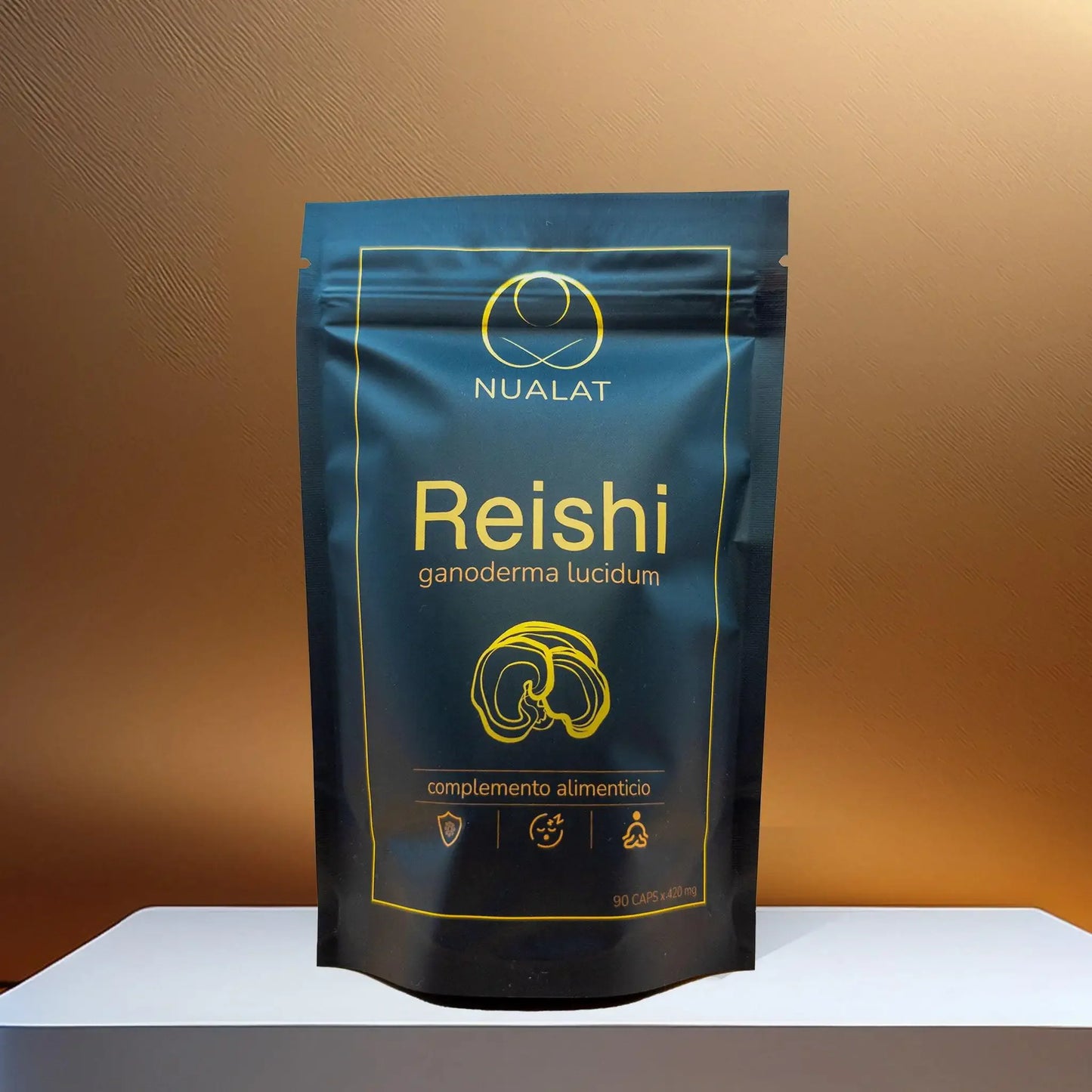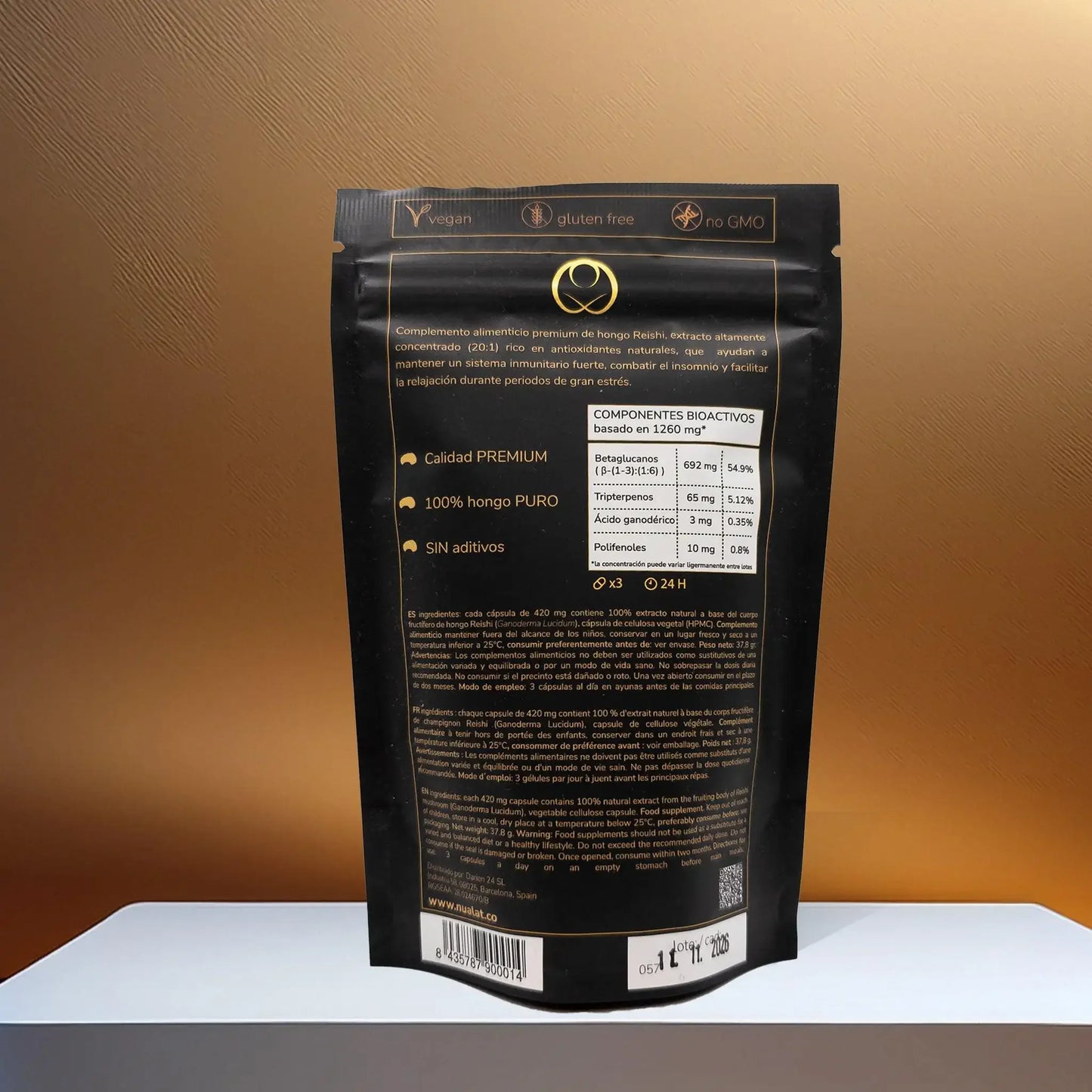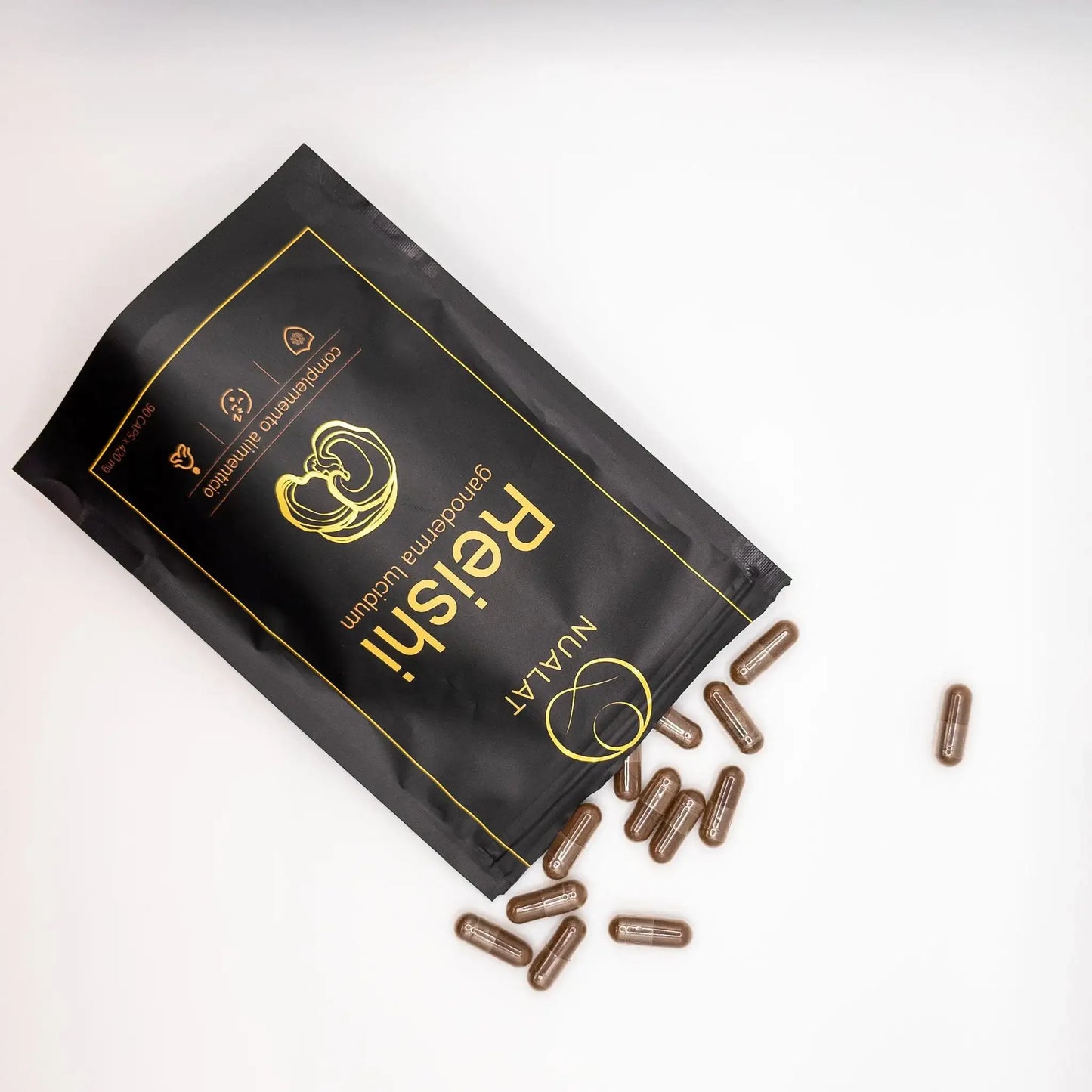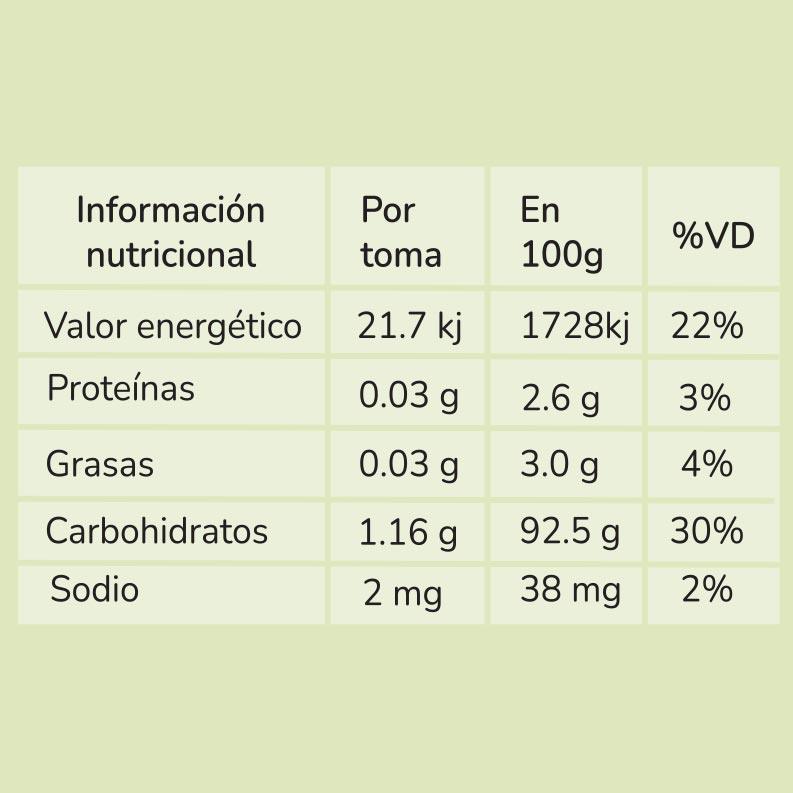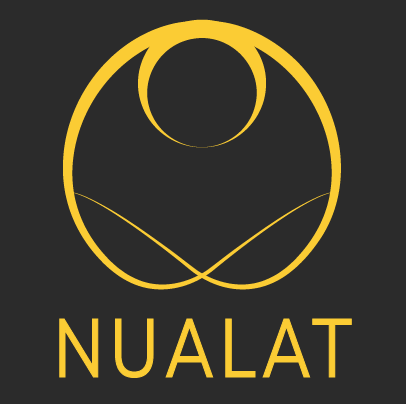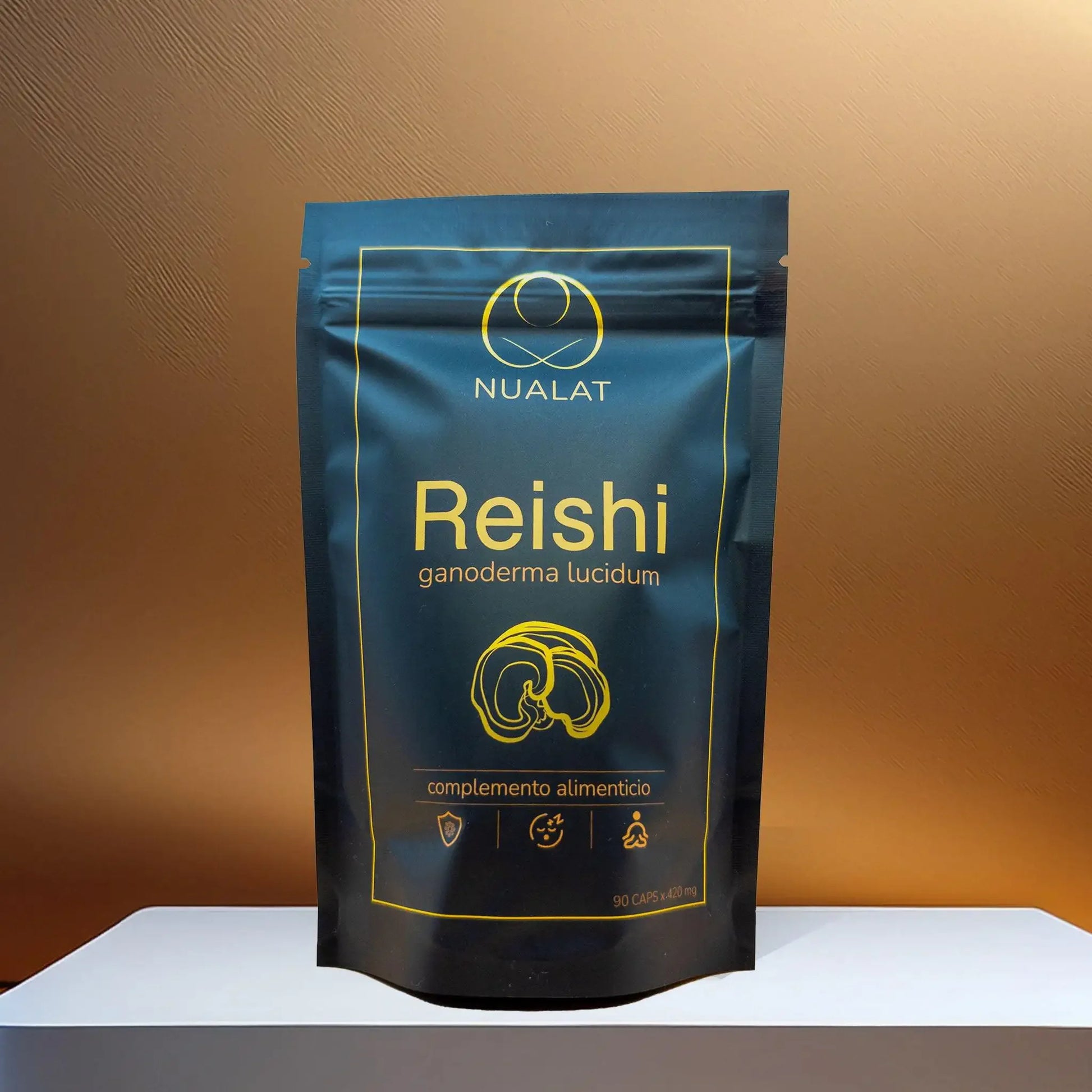Scientific studies with Reishi Ganoderma Lucidum
Scientific Studies and Reishi ( Ganoderma lucidum )
Reishi ( Ganoderma lucidum ) is a medicinal mushroom widely studied for its numerous health benefits, confirmed by various scientific studies. Its main properties include anti-inflammatory, anticancer, immunomodulatory, and antioxidant effects.
Several scientific studies have identified key bioactive compounds in Reishi, especially triterpenes and polysaccharides, which are responsible for much of its therapeutic activity.
Anti-inflammatory and immunomodulatory effects
Research conducted by Oke et al. (2022), published in Frontiers in Pharmacology , shows that Reishi triterpenes, particularly ganoderic acid, possess anti-inflammatory effects by modulating key pathways such as nuclear factor kappa B (NF-κB), decreasing the production of inflammatory mediators, and thus strengthening the immune response to various infectious diseases.

Anticancer activity
Daniel Sliva (2003) highlights in his study published in Integrative Cancer Therapies that Ganoderma lucidum extracts inhibit active transcriptional factors such as NF-κB and AP-1, which are essential in the process of cell invasion and migration in aggressive cancers such as breast and prostate cancer. This mechanism involves the reduction in the expression of key proteins such as urokinase-type plasminogen activator (uPA) and its receptor (uPAR), limiting the invasive and metastatic capacity of cancer cells.
Antiviral activity
On the other hand, a recent study by Miqdad et al. (2020) shows that Reishi has antiviral potential, particularly against emerging viral infections such as COVID-19, due to its ability to modulate the immune response and attenuate the exacerbated inflammatory processes that often complicate these infections.
📚 Scientific References on Ganoderma lucidum (Reishi)
-
Wachtel-Galor, S., et al. (2011)
Ganoderma lucidum (Lingzhi or Reishi): A Medicinal Mushroom
In: Herbal Medicine: Biomolecular and Clinical Aspects (2nd ed.)
Comprehensive summary on the pharmacology, safety, and clinical efficacy of Reishi. -
Ahmad, R., et al. (2021)
Ganoderma lucidum (Reishi), an edible mushroom; a comprehensive and critical review of its nutritional, cosmeceutical, mycochemical, pharmacological, clinical and toxicological properties
Published in: Phytotherapy Research, 35(11), 6030–6062.
Comprehensive analysis of the nutritional, cosmeceutical, pharmacological and toxicological properties of Reishi. -
Sliva, D. (2003)
Ganoderma lucidum (Reishi) in Cancer Treatment
Published in: Integrative Cancer Therapies, 2(4), 358–364.
Study on the antitumor effects of Reishi and its potential in cancer therapies. -
Cor, D., et al. (2018)
Antitumor, Antimicrobial, Antioxidant and Antiviral Effects of Ganoderma lucidum
Published in: Molecules, 23(3), 649.
Review of the antitumor, antimicrobial, antioxidant and antiviral properties of Reishi. -
Gao, Y., et al. (2005)
Effects of water-soluble Ganoderma lucidum polysaccharides on the immune functions of patients with advanced lung cancer
Published in: Journal of Medicinal Food, 8(2), 159–168.
Clinical study on the immunomodulatory effects of Reishi polysaccharides in patients with advanced lung cancer. -
Wang, CZ, et al. (2005)
Effects of Ganoderma lucidum extract on chemotherapy-induced nausea and vomiting in a rat model
Published in: American Journal of Chinese Medicine, 33(5), 807–815.
Research on the potential of Reishi to mitigate the side effects of chemotherapy. -
Zaidman, BZ, et al. (2005)
Ganoderma lucidum (Reishi) in cancer treatment: from bench to bedside
Published in: International Journal of Medicinal Mushrooms, 7(1), 111–122.
Review of preclinical and clinical studies on the use of Reishi in cancer treatments. -
Jiang, J., et al. (2004)
Ganoderma lucidum suppresses growth of breast cancer cells through the inhibition of Akt/NF-κB signaling
Published in: Nutrition and Cancer, 49(2), 209–216.
Study on the molecular mechanisms by which Reishi inhibits the growth of breast cancer cells.
The importance of choosing a good Reishi (Ganoderma Lucidum) extract
Choosing a good Reishi extract is essential to obtain its true benefits. Not all products on the market offer the same quality: it is key that the extract comes from the fruiting body of the mushroom , that it is free of fillers or mycelium grown on grain, and that it has a high concentration of active compounds , especially beta-glucans and triterpenes . In addition, it must be tested in independent laboratories to guarantee its purity and potency. At NUALAT , we meet all these criteria: we work only with highly concentrated extracts, obtained through dual extraction (water + ethanol), without additives, and verified by analysis in laboratories in Europe and the USA. For Reishi to work, its quality is not optional: it is essential.
NUALAT
Reishi Extract
Share
